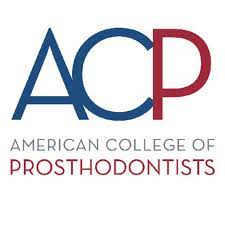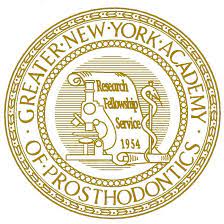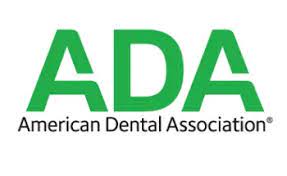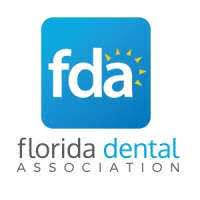Saliva is vital in keeping your mouth moist, helping with digestion, protecting teeth, and preventing infections. When saliva production drops, it can lead to discomfort, dental issues, and even difficulty speaking or swallowing. If you’ve started noticing these issues, it may be time to call the South Miami dentist.
While a complete cure for dry mouth depends on the underlying cause (like medication use or health conditions), your dentist can help relieve some symptoms, protect your oral health, and stimulate saliva production when possible.
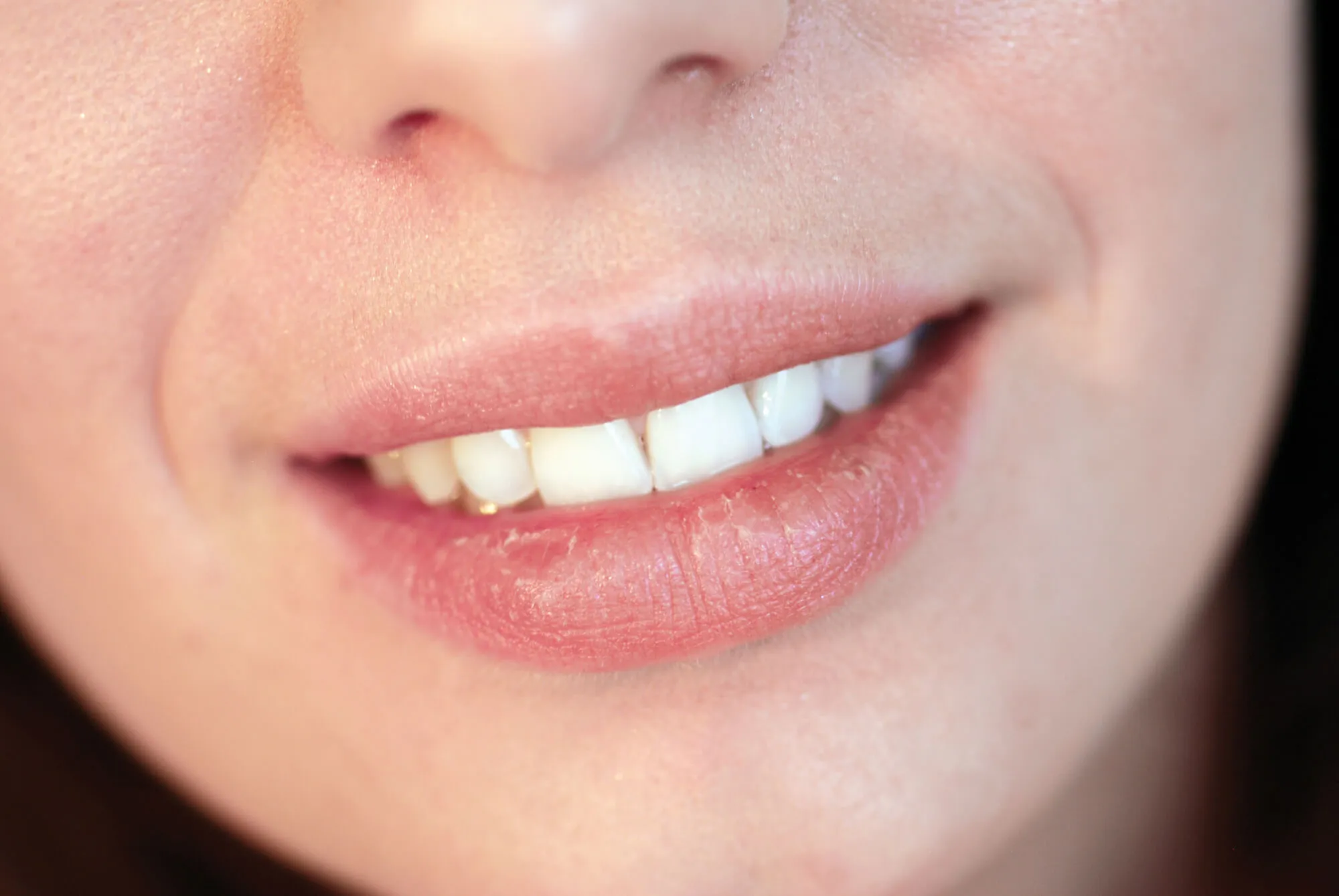
It's common to experience a dry mouth when you're dehydrated or engaged in sports activities. However, once this sensation becomes constant, it may indicate an underlying health condition known as xerostomia.
Xerostomia occurs when the salivary glands in the mouth produce insufficient saliva to keep the mouth moist.
Your salivary glands produce saliva to lubricate and clean your mouth. Saliva also aids in tooth decay prevention by washing away sugar and food particles, reducing the harmful effects of bacteria.
When you don’t have enough saliva, your mouth is more sensitive to tooth decay. This can lead to struggles with tasting, chewing, swallowing, and even digesting food.
The most noticeable symptom of xerostomia is a sticky feeling in your mouth due to a lack of saliva. When you speak, your tongue may feel like it sticks to the roof of your mouth.
Other possible dry mouth indicators are:
Several factors—often combined—can lead to a drop in salivary production. Some of these include:
Medication use is the most common cause of dry mouth. Hundreds of prescription and over-the-counter drugs can reduce saliva production, including:
If dry mouth is a side effect, you can ask your doctor or pharmacist if an alternative medication is available.
Several health issues can directly affect salivary glands, such as:
Radiation therapy to the head or neck can damage salivary glands, leading to long-term or permanent dry mouth.
Chemotherapy can also reduce saliva temporarily or change its composition.
People who breathe through their mouths often wake up with dry mouths. When you breathe through your mouth, especially for extended periods (like during sleep), the incoming and outgoing air evaporates the moisture in your mouth. This reduces the protective saliva coating that normally keeps tissues moist and comfortable.
At night, your body naturally produces less saliva than during the day. So, if you're breathing through your mouth or snoring while asleep, your saliva levels drop even further—making dry mouth more likely.
Older adults are more likely to experience dry mouth. Natural changes in salivary gland function reduce its production over time. Moreover, elderly patients tend to display increased medication use that may impact their salivary glands.
If your body is low on fluids, it won’t produce enough saliva. Causes of dehydration include:
Certain stimuli can reduce saliva production, exacerbating the symptoms in patients with a tendency to dry mouth.
Smoking or chewing tobacco, for example, can reduce saliva production because the cigarette smoke and the nicotine content cause inflammation and disrupt blood flow to the glands, reducing their ability to produce saliva.
Alcohol, including mouthwashes with alcohol, also dries out the mouth. Additionally, caffeine (be it in coffee, tea, or soda) may also contribute to dryness in some people.
Short-term dry mouth is common when you're nervous, anxious, or stressed—it's part of the body’s fight-or-flight response. However, chronic anxiety can have a longer-lasting effect.
Injury to the head or neck (whether from trauma or surgery) can damage the nerves that control the salivary glands, leading to dry mouth.
Salty, spicy, or acidic foods may make dry mouth feel worse. Low-carb or keto diets can also reduce saliva in some people due to increased water loss and changes in metabolism.
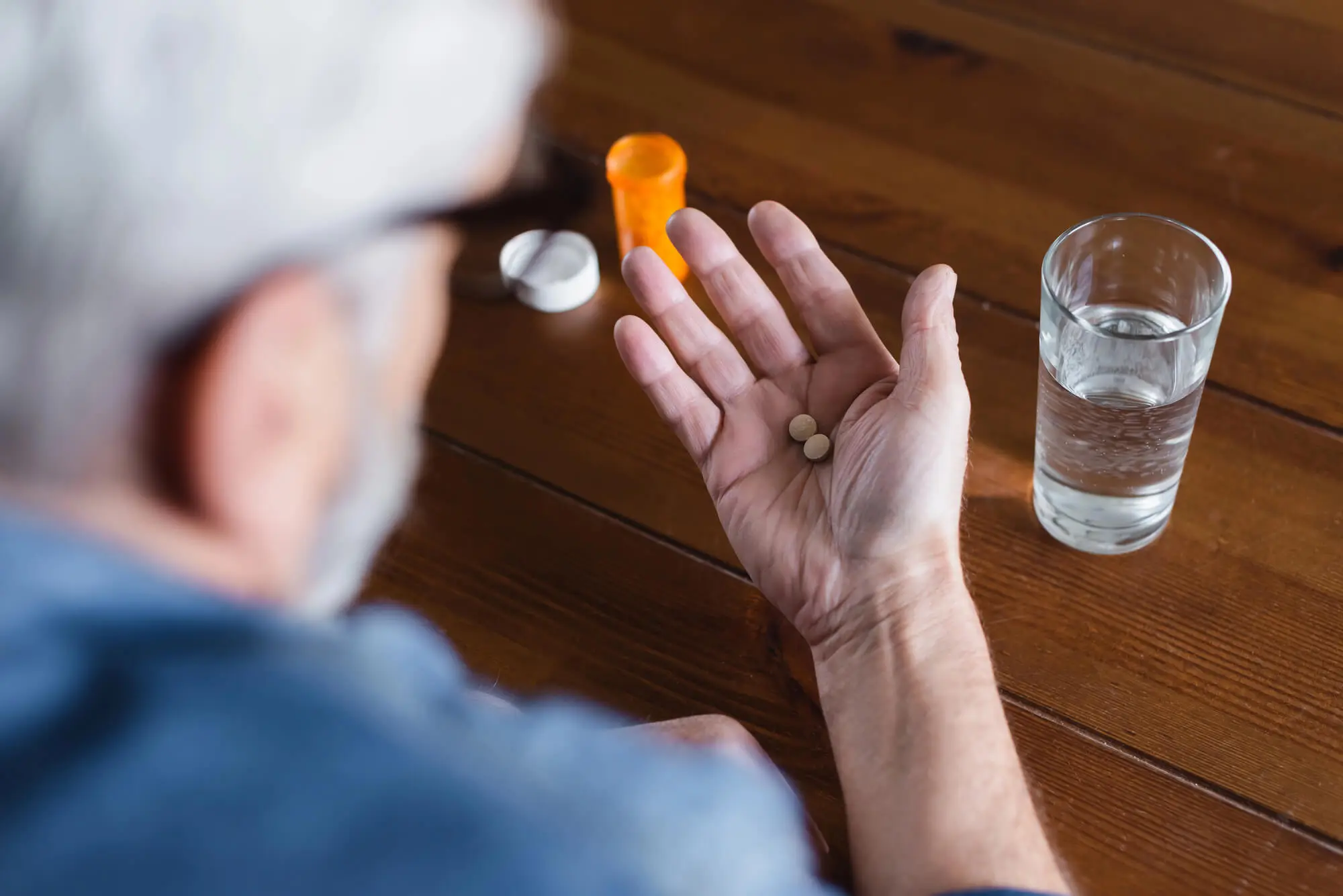
The solution to dry mouth often lies in targeting the issue that’s causing it, like reducing snoring with oral appliances or quitting smoking. To alleviate the symptoms, a dentist can offer various solutions, such as:
Nowadays, over-the-counter or prescription products are designed to mimic natural saliva and provide temporary relief to people with dry mouth. Dentists often recommend these for patients with chronic issues, especially when the issue is caused by something the patient can’t quit, like medication or radiation therapy.
If your salivary glands still function (but sluggishly), a dentist might suggest products that stimulate saliva. Sugar-free chewing gum or mints with xylitol are healthy alternatives.
Moreover, there are prescription medications designed to foster saliva production in patients with conditions like Sjögren’s syndrome or nerve-related issues.
Dentists often recommend practical changes to reduce symptoms and protect the mouth. Some of these include:
Dry mouth increases the risk of cavities, gum disease, and bad breath because saliva helps wash away food and neutralize acids.
While it may not treat the condition, fluoride products can help coat your enamel and protect it from these harmful effects. We may suggest topical fluoride treatments during visits, alongside frequent professional cleanings to remove plaque and tartar and keep your enamel strong.
The causes for dry mouth often go beyond your mouth. If that’s the case, we can try to coordinate with your physician to review medications that may be causing dry mouth or recommend more closely managing systemic diseases (like diabetes or autoimmune disorders).
As mentioned, acidic foods or beverages (like citrus and soda) or salty or spicy foods can worsen the symptoms of dry mouth. Try to avoid them and opt for soft, moist options instead.
Your mouth naturally contains bacteria and fungi—including Candida albicans, the yeast that causes oral thrush. In a healthy mouth, saliva keeps these microbes in balance. However, this balance is disrupted with dry mouth, allowing yeast and harmful bacteria to multiply more easily.
To prevent issues like oral candidiasis (thrush) or other infections, your dentist may prescribe antifungal treatments (like nystatin).
Are you still unsure about this condition? Here are some frequently asked questions about dry mouth (with their answers) to help you!
Dry mouth is common, affecting approximately one out of every five people. The risk of developing dry mouth increases with age.
Dry mouth is more than a nuisance—it can increase your risk of:
While water helps keep you hydrated and can remove food debris from your mouth, it doesn’t replace saliva's protective qualities.
We recommend visiting an oral professional for help if your dry mouth is severe.
If you have dry mouth, choosing the right foods can make a big difference in your comfort and oral health. The goal is to eat moist or hydrating foods that are easy to chew and stimulate saliva (when possible).
Some of these can be:
Yes, teens and children can develop dry mouth. Medications (such as ADHD medications, antidepressants, Asthma inhalers, or seizure medications) are often the cause. Mouth breathing is also a common factor.
Unfortunately, dry mouth in younger people is often underdiagnosed or mistaken for other issues like dehydration or poor oral hygiene. However, dry mouth in children and teens is real. Left untreated, it can significantly affect comfort, oral health, and even school performance.

For some people, dry mouth is only annoying. For others, it can greatly affect their oral health and quality of life, impacting how much they can eat and enjoy food.
While your dentist at Coral Gables Dentistry may not be able to solve this issue from the root, we can offer palliative solutions to reduce its harm. From prescription medication that fosters saliva production to quitting harmful habits like smoking, we have the tools to help you. Contact us today and protect your smile!
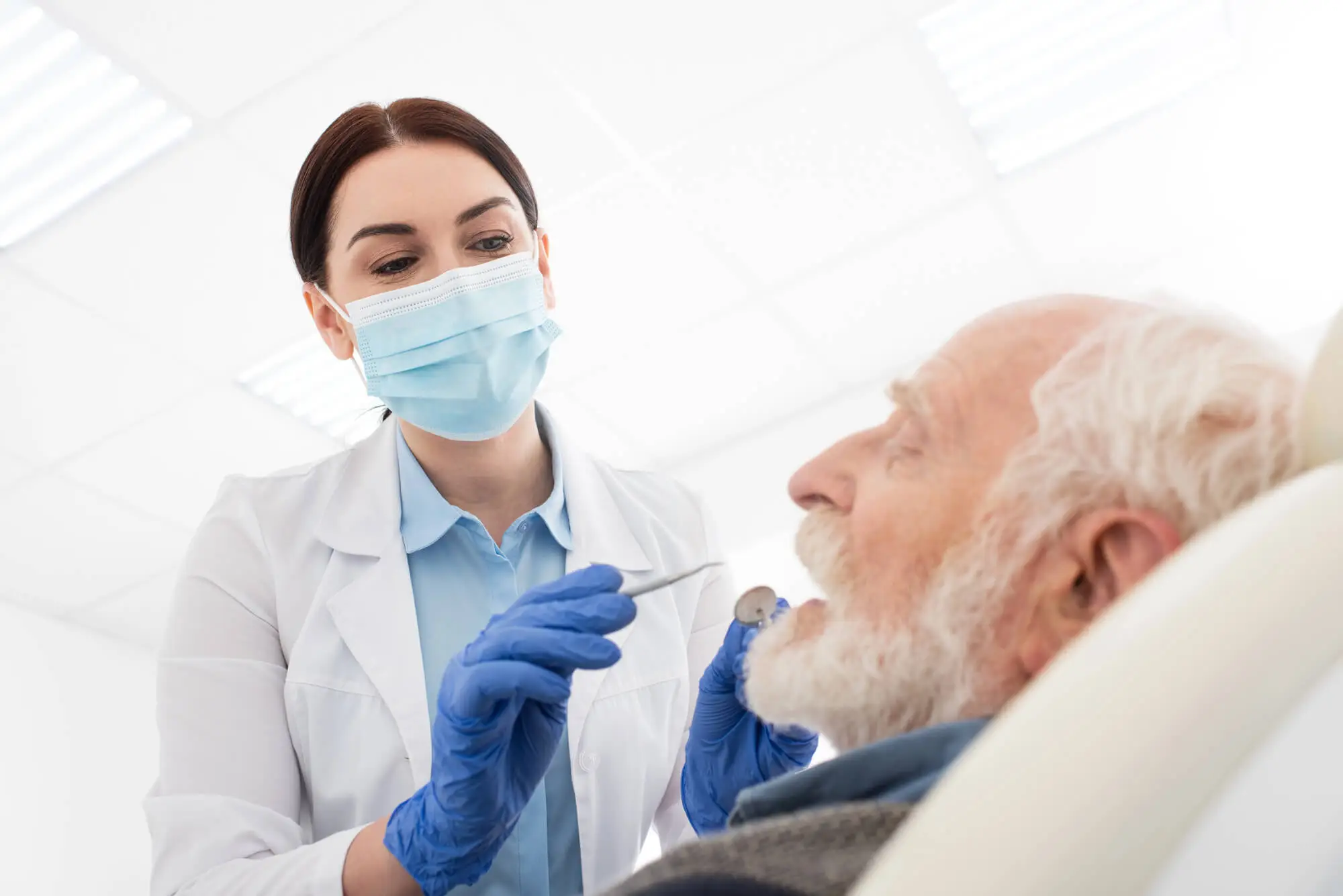
We value your time, so we always run on schedule, respecting your commitments, with no double bookings and minimal wait times. Experience dentistry like never before in our award-winning clinic.

